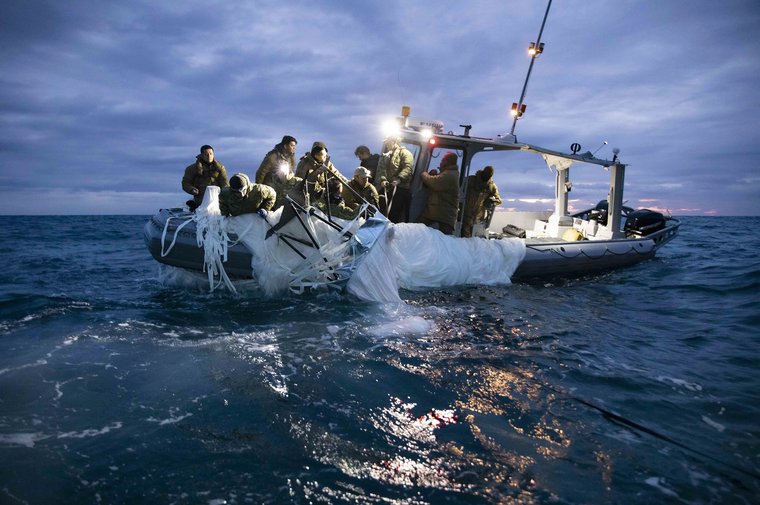How the Chinese balloon incident will impact future US air threat detection
Details
More Products & Services
Products & Services
Defence Insight
Shephard Media
Some of the things people like you use Defence Insight for:
- Total addressable market sizing ($)
- Competitor analysis
- Cost analysis
- Market forecasting
- Growth identification
- Increasing closing ratio
- Increasing closing order value
- Estimating product potential
- Calculating sales forecasting
- Supply and demand analysis
- Total addressable market sizing ($)
- Competitor analysis
- Cost analysis
- Market forecasting
- Growth identification
- Increasing closing ratio
- Increasing closing order value
- Estimating product potential
- Calculating sales forecasting
- Supply and demand analysis
Shephard Plus Update
Shephard Media
Shephard Plus is updating in June 2018 with rich new capabilities, and is now one of the most cost-effective and valuable aerospace and defence market intell...
Military Unmanned Systems Handbook
Shephard Media
The Military Unmanned Systems Handbook (Digital Download) is an international guide to the military UV industry and provides detailed information on air, ground and sea (surface & sub-sea) vehicles as well as subsystems. What's included: Unencrypted 390+ page PDF of equipment and supplier information Market summary
Description
The Chinese high-altitude surveillance balloon that recently flew over Alaska and the continental US will impact the Pentagon's future air detection capabilities.
Although the DoD claims that current systems can detect this type of threat, it has confirmed that measures will be taken in order to maintain the US edge over its adversaries.
This will include advances in the ability to detect approaching airborne threats as well as investments in over-the-horizon radars. Improvements to accelerate the decision-making process to shoot down aerial enemy systems are also expected.
During a hearing in the Senate Committee on Appropriations on 9 March, congressmen questioned
Although the DoD claims that current systems can detect this type of threat, it has confirmed that measures will be taken in order to maintain the US edge over its adversaries.
This will include advances in the ability to detect approaching airborne threats as well as investments in over-the-horizon radars. Improvements to accelerate the decision-making process to shoot down aerial enemy systems are also expected.
During a hearing in the Senate Committee on Appropriations on 9 March, congressmen questioned

Share
Recent Chats
Share via email
Future: handle WhatsApp here
Future: handle LinkedIn here
Future: handle Twitter here
SUBMENU HERE
Share via Chat
Copy Link



